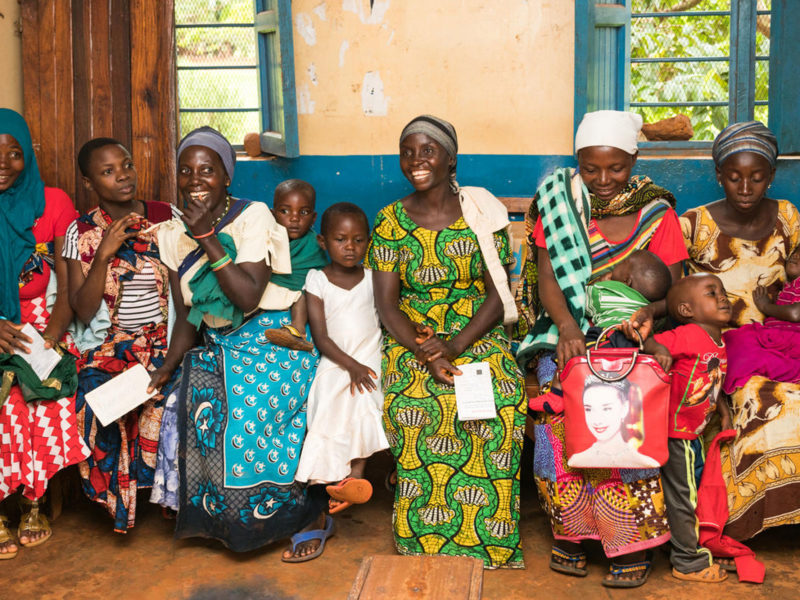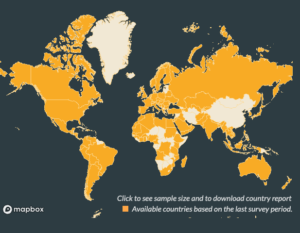
Subscribe to CCP's monthly newsletter
Receive the latest news and updates, tools, events and job postings in your inbox every month
Digital interventions play an important role in the art and science of designing programs, disseminating health messages and sharing results.
There isn’t an area of CCP untouched by technology, yet we don’t just adopt new technology for technology’s sake. We choose the right technology based on the needs of each of those we serve.
Why focus on digital interventions? Connectivity has improved, mobile device ownership has increased exponentially and donors and program managers expect a level of efficiency, innovation and immediacy that comes with utilizing digital technologies. New technology can also democratize information and dialogue, creating immediate feedback and easing true engagement.
Digital interventions help put our messages into the hands of people across the world. Innovation allows us to use new tools such as machine learning to inform development and measurement of our programs. It helps us take large troves of data and translate what we have learned into action and it ensures we can assess programs in real time and connect with professional communities of practice wherever they are.
And, as digital technology continues to improve, so will our ability to harness it to do good works.
In a public health emergency, rumors can get out of control and interfere with the vital task of ensuring people have clear, accurate and lifesaving information. But how can officials know what rumors are out there in order to counteract them?
In the weeks before COVID-19 struck Cote d’Ivoire, CCP developed a DHIS2-based system to help workers at a call center recognize and systematically document rumors shared by the public. Though initially developed to address a variety of zoonotic diseases including a dengue fever outbreak, once the COVID-19 pandemic began, hotline operators were able to code and classify COVID-related rumors. With the help of a real-time dashboard, officials could quickly understand rumors circulating in communities and respond with factual information.

The COVID Behaviors dashboard presents data from a global survey of knowledge, attitudes and practices around COVID-19. Insights and analyses on how to use the data were written by researchers and social and behavior change communication experts at Johns Hopkins CCP in collaboration with WHO’s Global Outbreak Alert and Response Network (GOARN).
People-Planet Connection is a Knowledge SUCCESS-designed website dedicated to collaboration on population, health and the environment (PHE), just as people around the world celebrate restoring the planet and environmental protection. It is envisioned as a space for development professionals around the globe to gather to
Receive the latest news and updates, tools, events and job postings in your inbox every month